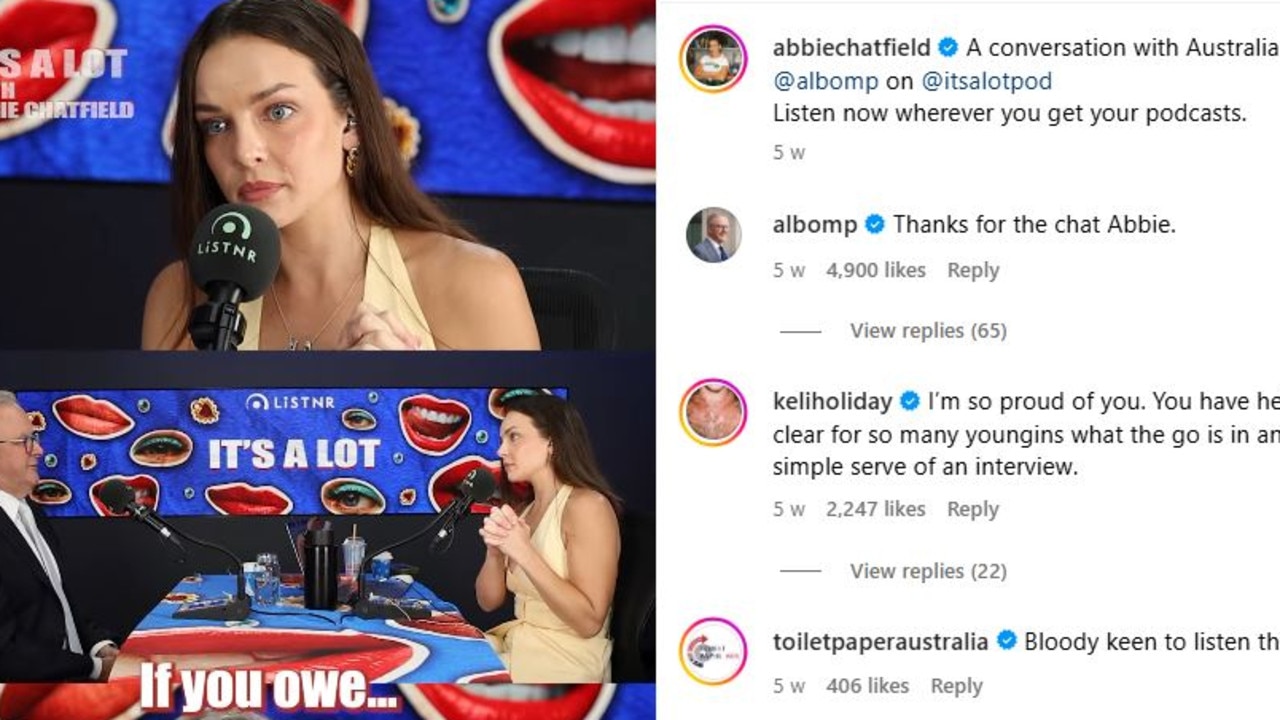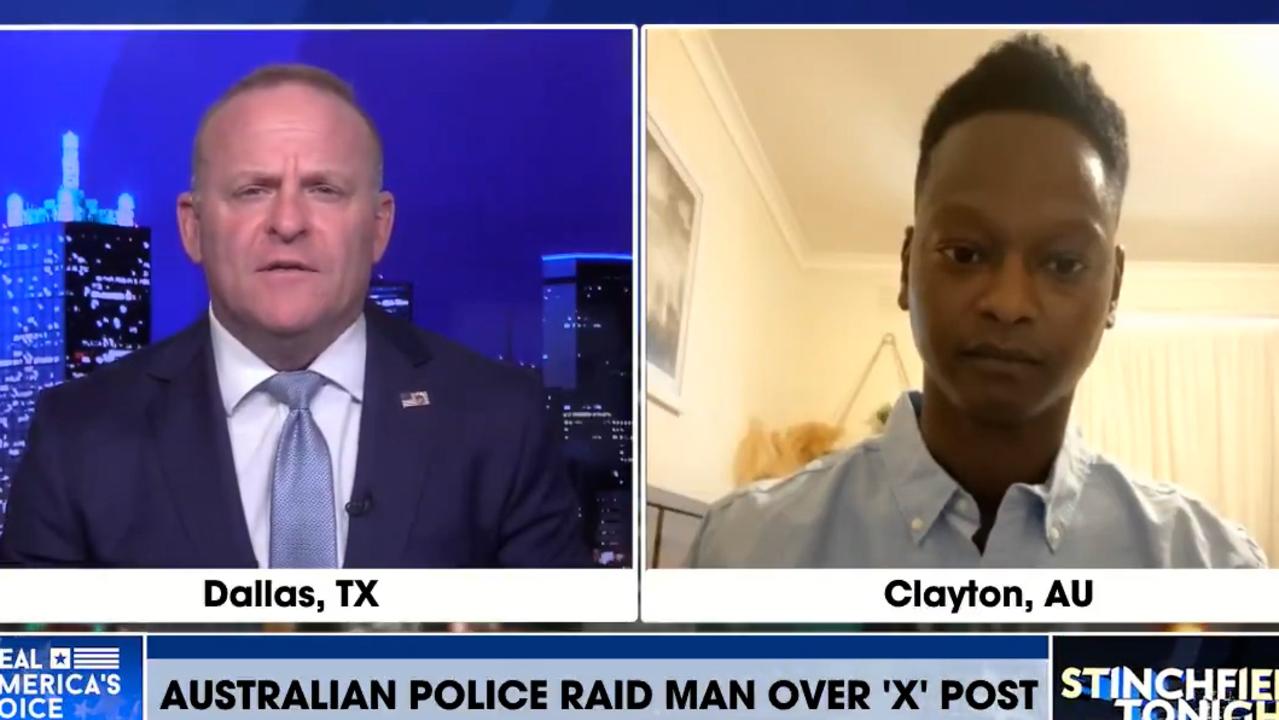Facebook news ban slammed as world reacts to Australian code
Politicians and former Facebook staff have urged Australia to stand up to “bullying” as the world reacts to the news ban.
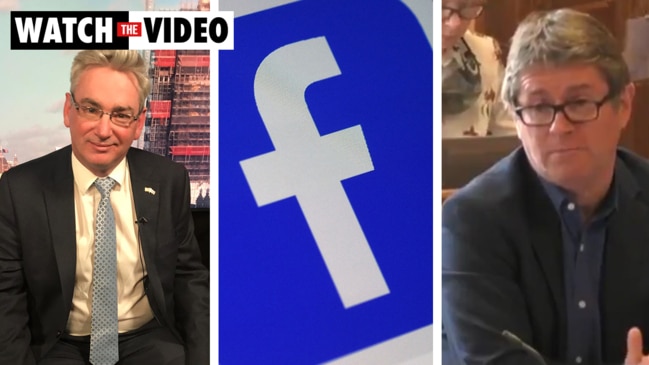
An early Facebook investor and former mentor to founder Mark Zuckerberg has said Australia is doing the world a “huge favour” by taking on Facebook as the world reacts to the company banning news content here.
Roger McNamee may have convinced Mark Zuckerberg not to sell Facebook when the pair met during the site’s early days, he may have invested his own money in the company – but he’s no longer a fan.
RELATED: ‘Huge damage’: Facebook’s epic own goal
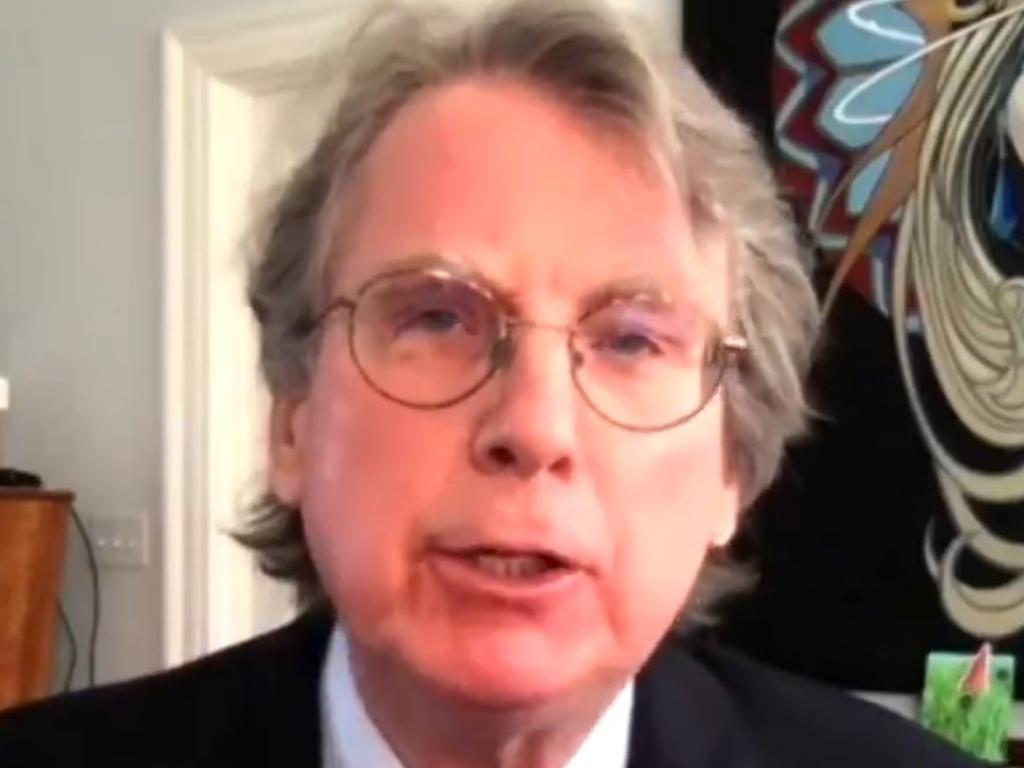
RELATED: Real reason Facebook got rid of our news
A long-term critic of the site’s impacts on society and democracy, Mr McNamee told Sunrise on Friday morning that Australia was doing the world a “huge favour” by standing up to Facebook’s “bullying”.
“This is the first time any country has challenged Facebook’s business model, and Facebook’s response – shutting down all these public services, shutting down all these sites that obviously are central to social good – is just completely classic Facebook; it’s bullying behaviour and they really don’t know any other way, and it’s very sad,” Mr McNamee said
“In some ways this is a contrived problem because at the end of the day it doesn’t stop the threats … from Facebook’s business model, but what it does do is challenge Facebook and the business model itself, so in that sense I believe the Government and the people of Australia are doing the world a huge favour.”
RELATED: Why Aussies won’t accept Facebook ban
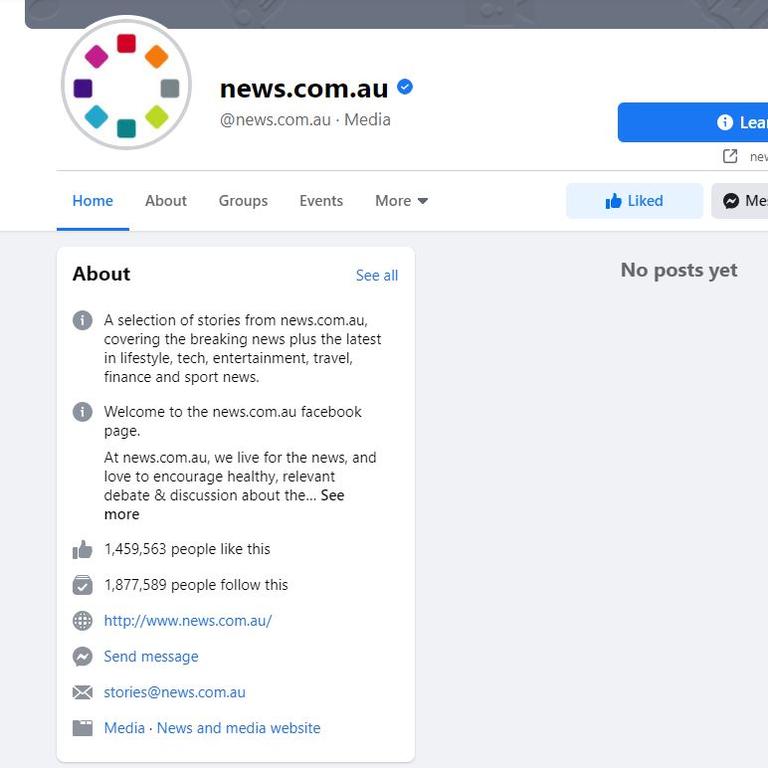
RELATED: What your Facebook feed will look like
Mr McNamee said the burden is mostly on the United States – where “we view Facebook as a threat to democracy and to public health” – to force reforms on the big tech firms that are based there.
“But this is the first step,” he said.
“What Australia is doing is trailblazing in a very important way, and I encourage all the people in Australia to recognise that if we want democracy, if we want to make our own choices, we have to find a way of controlling the business model of companies like Facebook, so that they stop harming us, because these companies have shown no willingness to put the public interest first.”
RELATED: ‘We won’t be intimidated’: PM slams ‘arrogant’ Facebook
RELATED: ‘Cruel’ extent of Facebook ban
Mr McNamee said Facebook’s argument that it was just a conveyor of news hosted on other sites is correct, but the issue arose with how that news was prioritised in people’s feeds based on the company’s secretive algorithms.
“They have special powers because they use surveillance to know everything about us, and so they tailor the news feed for each person to that person’s emotional weak point … it’s the amplification of that harmful content that we’re really talking about here, news is just a proxy,” Mr McNamee said, “[one that] has a really hard time competing with hate speech and disinformation.”
Mr McNamee is a vocal critic of the company he previously invested in, and is a member of “The Real Facebook Oversight Board” – set up in response to the Facebook Oversight Board that is intended to be an independent appeal tribunal that will help govern the site into the future.
Among others on the “Real” board are ex-CIA officer and former global head of elections integrity ops for political advertising at Facebook Yael Eisenstat, The Age Of Surveillance Capitalism author Shoshana Zuboff, and British MP Damian Collins.
RELATED: The rise and fall of Mark Zuckerberg
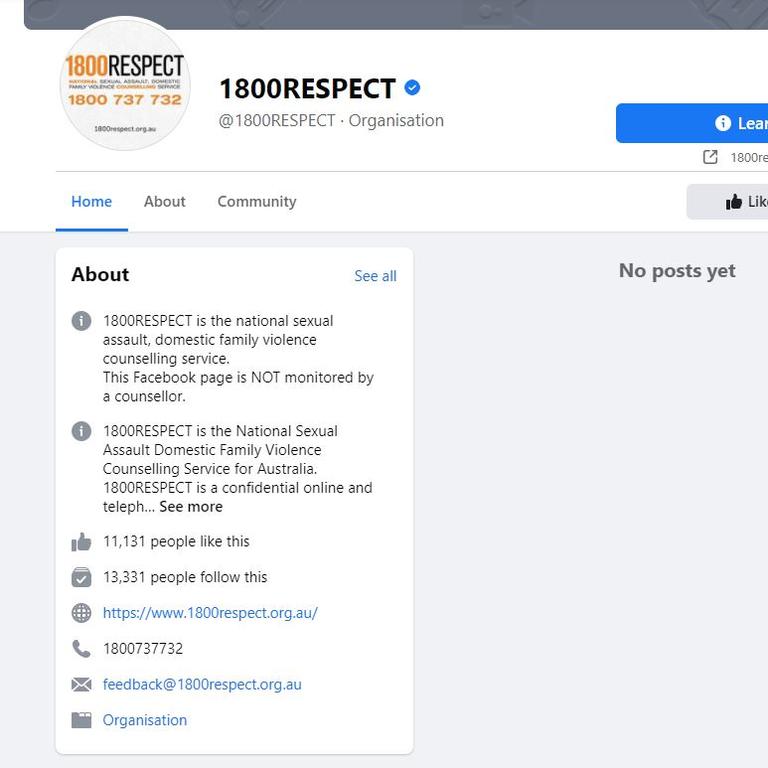
Mr Collins said Facebook’s mask is slipping in the wake of the announcement.
“What this shows is that Facebook only really care about money. They care about the money they make from their advertising and they don’t want to give that away to other people.”
“Around the Western world, governments are recognising we have to do something about regulating harmful content, making sure there is fair competition and not abuse of market power. So I think we’re all in some ways in this fight with the Australians and we need to be on their side and need to make sure that they prevail.”
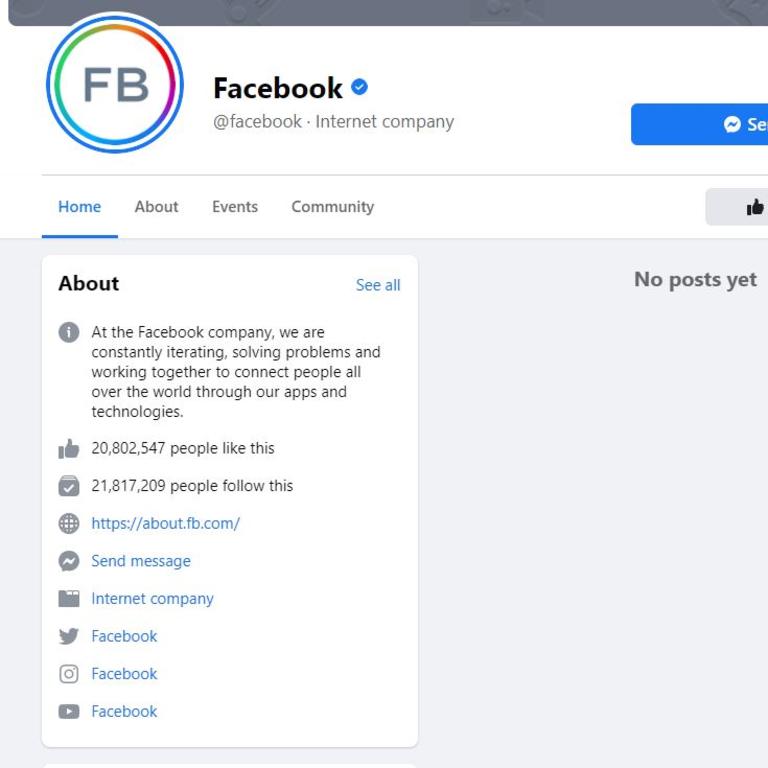
Mr Collins’ parliamentary colleague Julian Knight, a former BBC journalist, said Facebook “should be ashamed of its behaviour”.
“I think it’s crass and it’s bullying … Facebook for a very long time has been showing a distinct unwillingness to engage with authorities in order to ensure that misinformation and disinformation is not shared, and the idea of cutting off Australia’s news feed during a pandemic when there is disinformation and misinformation about the vaccine out there is staggeringly irresponsible.”
He told the ABC’s AM program he doesn’t necessarily support the Australian government’s proposed legislation, but it still needs to back it, for the sake of the rest of the world.
“I don’t think the policy as designed by the Australian Government is something I would want to see, I’m not as such in absolute accord with everything the Australian Government is doing, however Australia is very much like the canary in the coal mine right now. So if Australia goes the wrong way now, if it finds itself bullied into submission then, frankly we’re next,” Mr Knight said.
Ms Eisenstat reacted to the ban by doing some “translation” of the “disingenuous language” in Facebook’s announcement for her followers on Twitter.
“We welcome regulation but only if it is 100 per cent on our terms to our benefit. Otherwise, f**k you. We are more powerful than your government and will make you hurt,” the former Facebook leader wrote.

